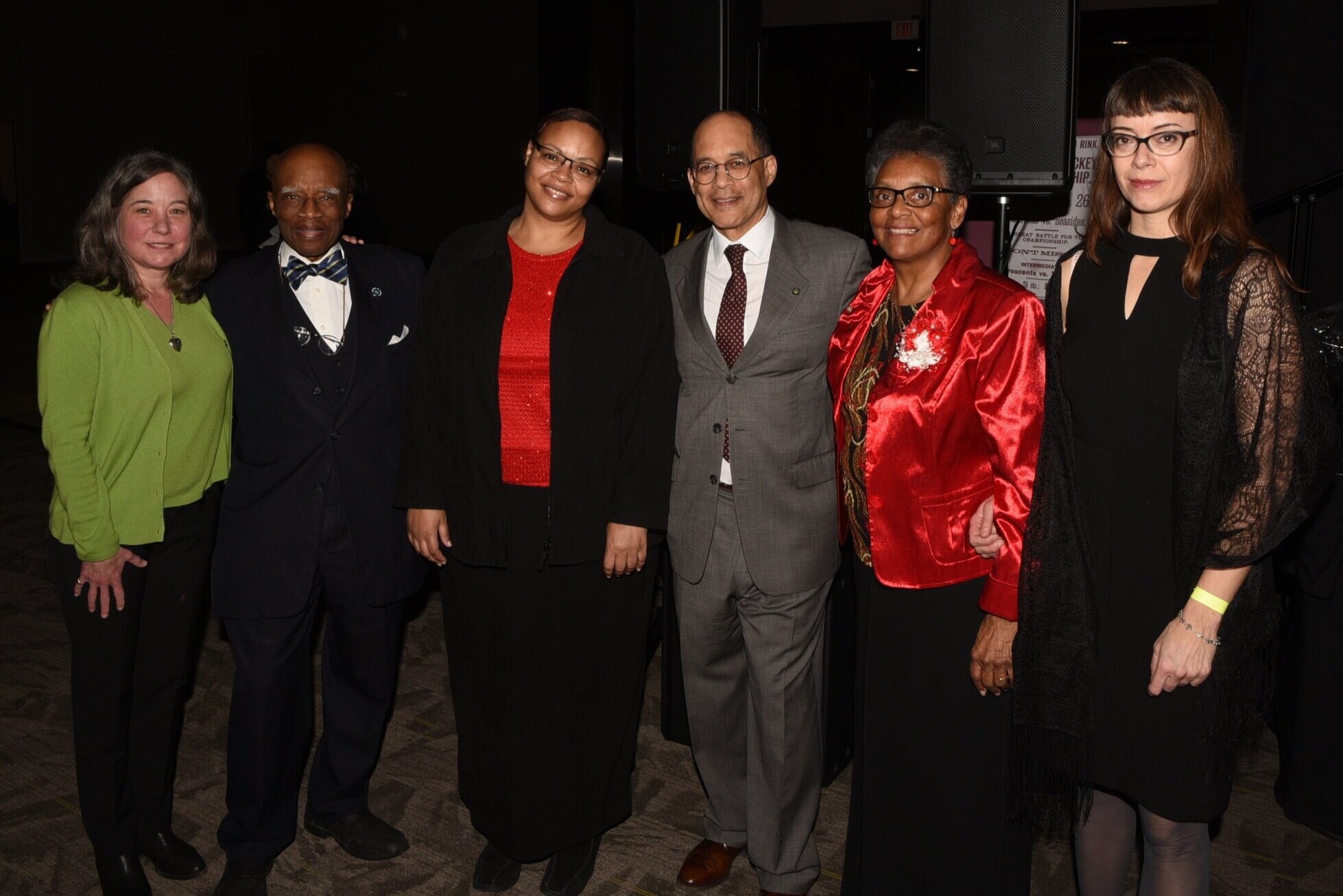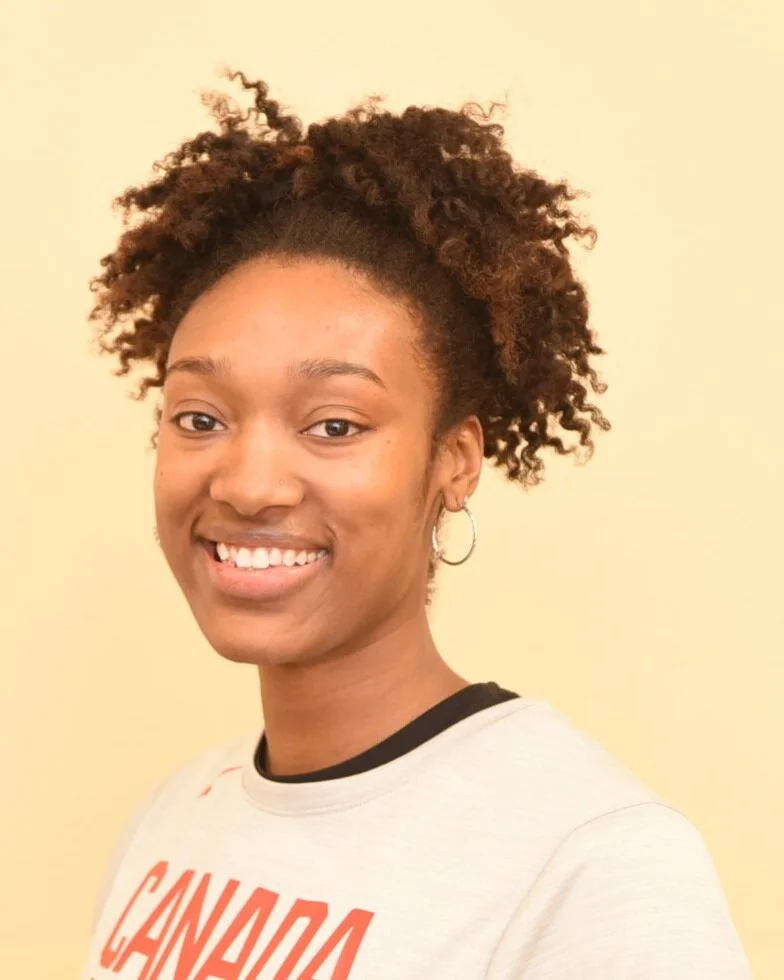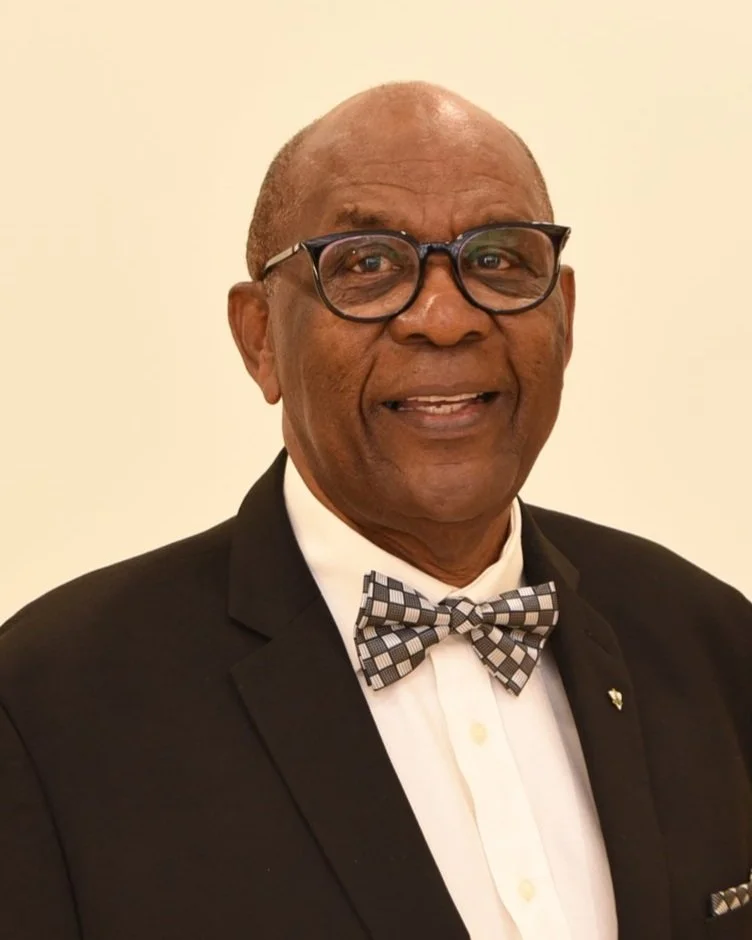Arthur Downes honoured with Lifetime Achievement Award
February 12, 2020
With segments of Toronto’s Black community incensed over the production of Garth Drabinsky’s controversial ‘Showboat’ in 1993, voices of reason were required in a time of crisis.
Morley Wolfe, then the chair of the League for Human Rights of B’Nai Brith Canada, invited longtime friend Arthur Downes to join League and Black community members at a Passover lunch to devise ways to diffuse the explosion.
Downes said ‘Showboat’ and the ‘Into the Heart of Africa’ exhibit four years earlier were defining moments.
The first exhibition of African art at the Royal Ontario Museum (ROM) drawn from the museum’s ethnographic collections irked many Black Canadians, 11 of whom were arrested and charged in June 1990 for protesting.
The ROM apologized to Canada’s Black community in November 2016.
‘Showboat’ tells the story of a family-run floating theatre plying the Mississippi with Black characters accepting their submissive fate.
“Young people said they were not going to let those things happen and they challenged the establishment,” said 92-year-old Downes who was presented with a Lifetime Achievement Award at the Ontario Black History Society (OBHS) Black History Month launch on January 26. “Previously, productions took place and people would say, ‘let it go and don’t let us make waves’. This was different in that you had university students picketing. When that’s taking place, you know you have people’s attention.”
In ‘The Merchant of Venice’, ‘Shylock’ – a Jew – was a ruthless moneylender in the play and he’s remembered for demanding a ‘pound of flesh’ from the merchant Antonio if he failed to repay a loan.
“In the Jewish community, they don’t like how Shylock is portrayed and they don’t want their children exposed to that play,” said Downes who was born two days after Union Station – designated a National Historic Site in 1975 – was opened on August 6, 1927. “They understood where the Black community was coming from in terms of their concerns about ‘Showboat’.
Downes was an integral part of the Black/Jewish Dialogue relaunched during Black History Month in 2000.
“That partnership worked because we brought together people that normally wouldn’t have sat together,” he said. “Morley and I acknowledged that the concerns Jews had about the Black community are quite different than the concerns the Black community has of the Jewish community. When he and I were growing up, it wasn’t unusual to live beside or in a home with a Jewish family. Black and Jewish children today don’t have high school buddies of the other side and, as a result, they don’t get to know one another.”
Wolfe and Downes have been friends since high school at Harbord Collegiate Institute which is the alma mater of Zanana Akande, Canada’s first Black Cabinet Minister, actor Kiefer Sutherland, Charles Best who co-discovered insulin and clothier Harry Rosen who Downes worked for.
“We talk almost every other day and e-mail each other constantly,” said Downes. “Two years ago after I had eye surgery and was moved around, Morley and his wife insisted I spend two days with them. I also get Xmas presents from them.”
Completing high school in 1945, Downes became a jeweler apprentice while other Harbord graduates, including the late Leonard Braithwaite – the first Black elected to a Canadian Parliament and this country’s first Black Bencher -- and George Carter – Canada’s first Black-born Judge -- who were a few years older than him, pursued higher education.
“I wasn’t thinking about going to university at the time,” he said. “I wanted to make money, but as I got older, I realized that was something I should do and I went to the University of Toronto Woodsworth College to do Political Science. I, however, didn’t complete the program because of family matters. I should have gone on, but that didn’t deter me from concluding that I had skills that could be used in areas that other people were leaving alone. I enjoyed communicating and bringing people together. It really didn’t matter what the field of endeavour was. I felt that if I was sitting at a table, I could see a viable alternative method to what the struggle was all about. Those were the areas I moved into where I could compete favourably.”
A Justice of the Peace, former Humber College lecturer and the Republic of Guinea’s Honourary Consul for 16 years until 2009, Downes served on several boards supporting service organizations, including the Doctor’s Hospital Foundation (now Kensington Foundation) where he was the inaugural Chair of the Board of Directors, the Hospital Council of Metro Toronto, the Ontario Hospital Association and St. Michael’s Day Care Centre for Children.
With the support of then National Black Coalition regional chair Kay Livingstone, Downes joined retired research chemist Thomas Massiah and historian/curator Sheldon Taylor in making a presentation on behalf of the Black community to Toronto Police in 1972.
They were the first community members to develop and implement liaison committees between the Black community and Toronto Police Service.
“Arthur drove me back to my home then at 600 Palmerston Ave. and on each occasion he gave me information that would transform my understanding of the political and constitutional experiences in Canada,” said Taylor. “When I went to work for Dylex, he was at Harry Rosen and he taught me how to knot a tie and co-ordinate my shirts. While I was curating the ‘Many Rivers to Cross: The African Canadian Experience’ exhibit that was showcased in 1992 at the Canadian Museum of Civilization, Arthur and the late Malcolm Streete ensured I got the legitimacy I needed. At St. Michael & All Angels Church, Arthur and late Bishop Arthur Brown helped to integrate the congregation. He is one of on my mentors and he has been pivotal in terms of many changes in Toronto.”
Jill Vanderkooy Mather (l), Arthur Downes, Keisha Downes, Douglas Downes, Joan Downes & Lisa Puopolo
In 2015, Downes was presented with the Order of the Diocese of Toronto that was created seven years ago to honour members of the laity in the Diocese who have given outstanding service over a significant period of time in their volunteer ministry.
His enduring interest in helping others matches his devotion to Masonry.
The oldest former Masonic lodge leader in Ontario and one of Canada’s first Black Grand Masters, Downes was among a group of five, including late lawyer B.J Spencer Pitt and Canadian Second World War veteran Lester Brown who died in 2013, that joined Eureka Lodge #20 in February 1949 and served as Worshipful Master.
The nonagenarian is also Past Potentate of Hadji Temple #61, trustee of Scottish Rite United Supreme Council northern jurisdiction, honourary Past Imperial Potentate of the Ancient Egyptian Arabic Order Nobles of the Mystic Shrine, Illustrious deputy of Orient of Eastern Canada and Southern Jurisdiction Sovereign Grand Inspector General.
In addition, Downes is a Naomi chapter past patron and life member, an Ezekiel chapter Excellent High Priest and a member of the Order of the Eastern Star since 1954.
The product of immigrants from the Caribbean, Downes grew up listening to his father – Dudley Downes left Barbados at a young age – singing Handel’s ‘Messiah’.
“Dad had a great voice and was a Bible teacher,” said the 1979 winner of a prize for providing conclusive evidence as to the origin of the name of Harbord St. “He and my mom (she migrated from Jamaica) met in Canada in the early 1920s and she had four children with someone else that were born after me. They all died very young and I never had puberty conversations with my siblings.”
The recipient of a Doctor of Letters from the defunct Mary Holmes College in Mississippi where he was invited to be the commencement speaker a few months later, Downes is the cousin of classical jazz pianist Wray Downes who was once married to Marguerite ‘Peggy’ Downes -- the first Black woman to be honorary aide-de-camp in Ontario -- who passed away in 2009.
Arthur and Joan Downes have two children – Douglas and Keisha – who attended the OBHS event along with Downes’ god-daughter, Jill Vanderkooy Mather, and Douglas’s partner, Lisa Puopolo.







